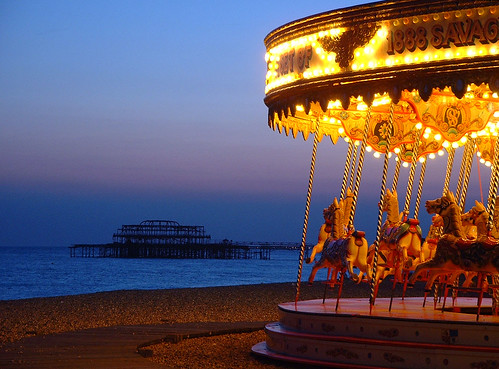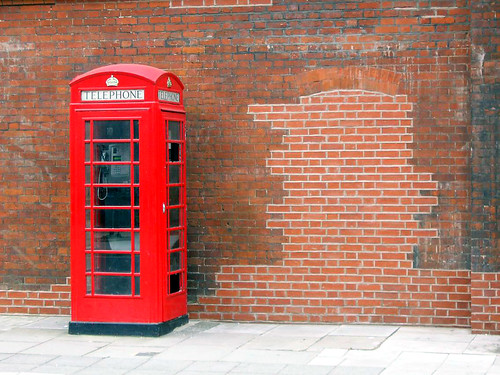Wherever Next?

Many years ago, London’s networking queen Carole Stone used to produce Any Questions for the BBC. Unsurprisingly, this fuelled the creation of one of the UK’s largest and most influential address books. Nick Pisani, who previously edited Question Time will find his wealth of high level contacts more than handy in his new role at Intelligence Squared. This week, another excellent BBC producer, Newsnight’s Peter Barron announced that he is leaving to join Google, as head of communications and PR for the UK and Ireland.
At Google, Peter will work with Rachel Whetstone, newly appointed Global Director of Communications, who will be based in Silicon Valley. Rachel is married to Steve Hilton, who went from co-founding Good Business to working as head of strategy for David Cameron, leader of the Conservative Party. His equivalent at Number 10 is Stephen Carter, who previously ran Brunswick Group, and OFCOM before that.
All of this makes me wonder; who is going to produce our flagship TV programmes in the future? And I think you can guess where I’m going with this one. Alistair Campbell, your country needs you.

